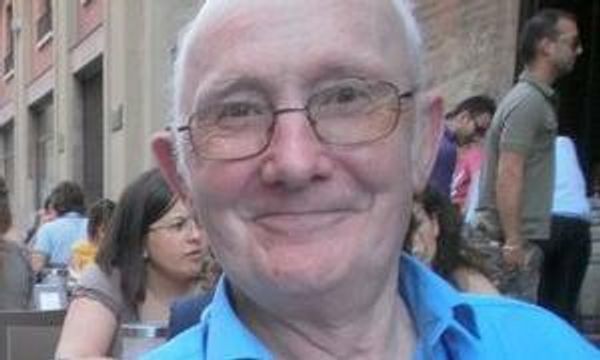
My colleague and friend Jeremy Hobbs, who has died aged 64 from cancer, was instrumental in the creation of Oxfam International – today a confederation of 21 member organisations – and served as its executive director from 2001 to 2013.
In 1995, as director of the Australian charity Community Aid Abroad, Jeremy negotiated with seven other organisations to create a single union under the Oxfam banner, with his charity becoming Oxfam Australia. He hosted the confederation’s first meeting in Melbourne.
Jeremy had huge energy for these kinds of processes because he understood that to be organised was to be powerful, and believed that a collaboration of Oxfams could achieve change greater than the sum of their parts.
Corralling differences was not always easy but Jeremy could disarm with humour (“like herding cats!”) while making sticky issues disappear as “creative ambiguities” and “principled pragmatisms”. He kept everyone’s focus on the bigger goals.
In 2001 he moved with his family to the UK to take up the directorship of Oxfam International, then based in Oxford. A stubborn and creative advocate, he pushed Oxfam to keep tackling the root causes of poverty and suffering – debt, climate change, inequality, discrimination, corporate land grabbing and monopolies – rather than just their effects.
He nurtured a generation of Oxfam activists to be fearless against powerful interests, telling them, “it’s all smoke and mirrors” and “we punch above our weight”. He might be in a suit and tie in the morning, lobbying the World Trade Organisation for fairer trade rules for developing countries, and in the afternoon in his swimsuit under one of the “Big Heads” caricatures of G7 leaders for a photo-stunt.
Born in Perth, Western Australia, to Marie (nee Guinand), a social worker, and Michael Hobbs, a physician, Jeremy was educated first in the UK at Josca’s school (now Abingdon prep) in Abingdon, Oxfordshire, while his father was doing a PhD at Oxford, and then at Christ Church grammar, back in Perth. He completed a degree in arts at the University of Western Australia and then another in social work.
His first job was in the West Australian office of Community Aid Abroad, and in 1990 he moved to Victoria to become CAA’s director of Australian operations and then, in 1992, executive director.
In 1991 he married Jen Martin, whom he had met when she worked in the Aboriginal Access Unit for the technical and further education sector in Perth, and they had three children, Ben, Celie and Mia.
Jeremy championed Oxfam teams in the global south – he felt a strong imperative to right the wrongs of colonialism and oppression. In the 1990s he was part of the Sea of Hands movement to support native title for First Australians and he chartered the plane that wrote “sorry” above Sydney harbour bridge in 2000, after the prime minister John Howard refused to apologise to First Nation children taken from their families.
He returned to Australia in 2013, where he and Jen set up a consultancy advising local and international NGOs and Oxfam agencies throughout the world. He was a keen and accomplished musician.
Jeremy is survived by Jen, Ben, Celie and Mia, by his parents and by his siblings, Julie, Peter, David and Sam.










